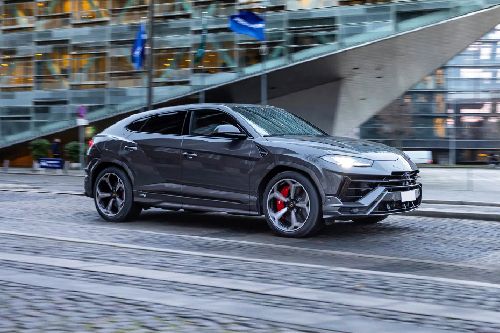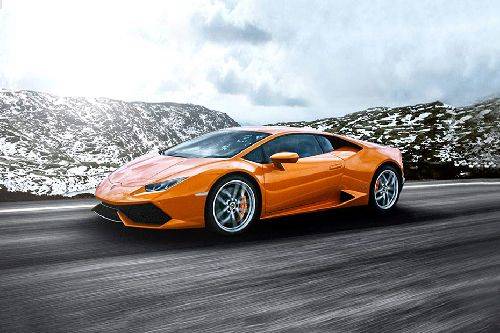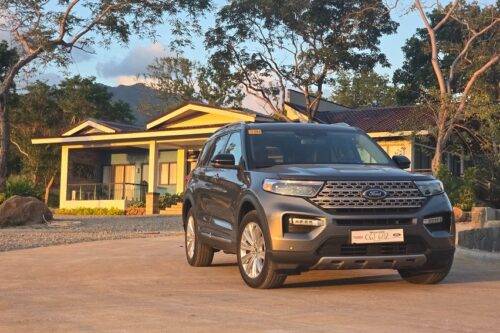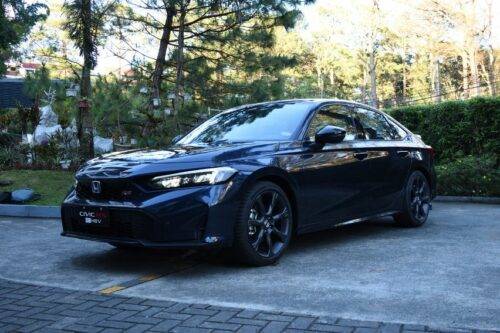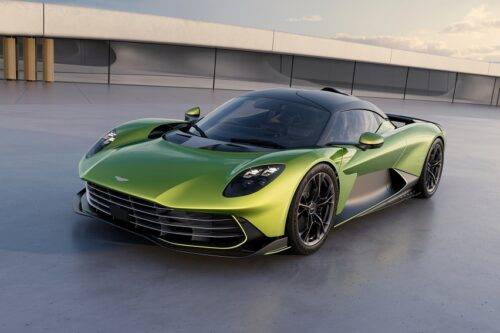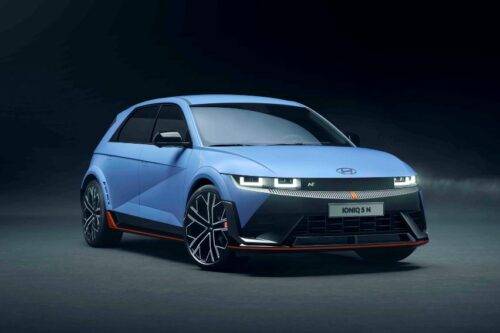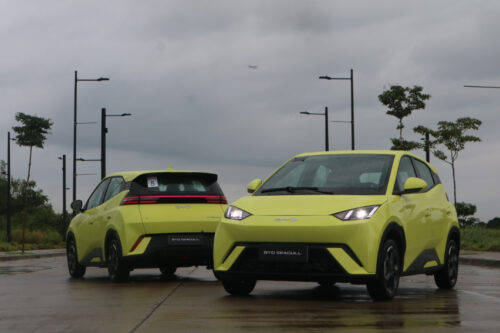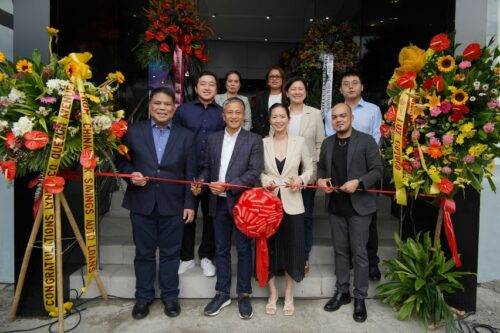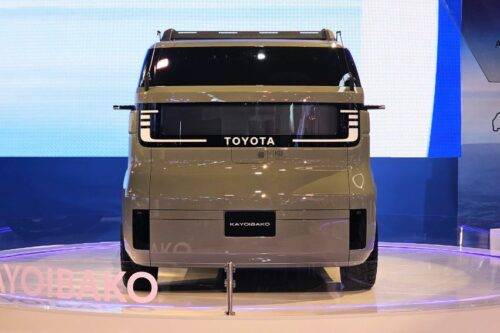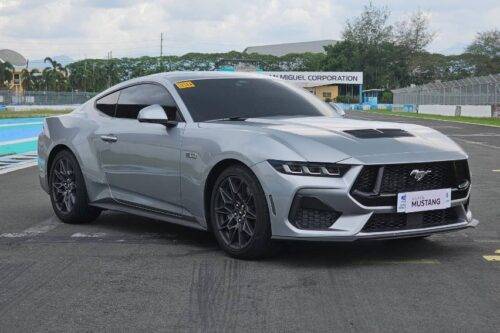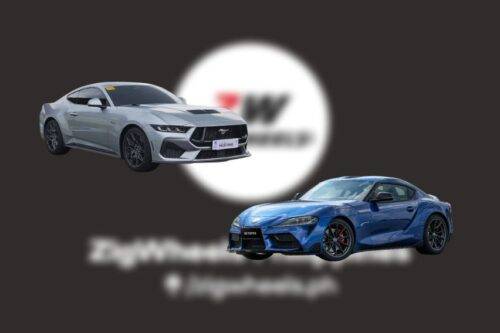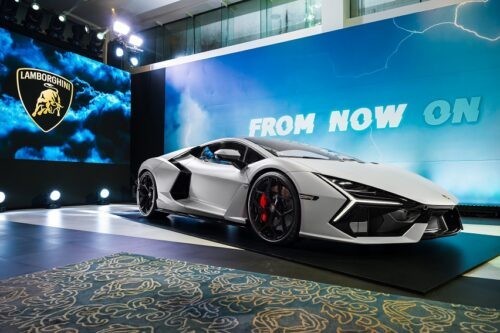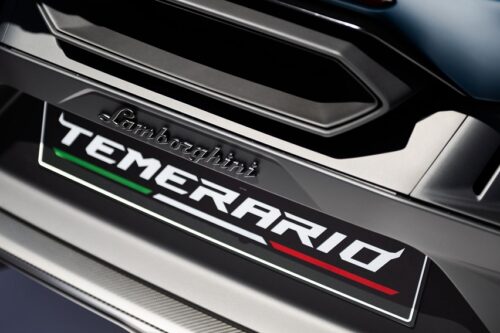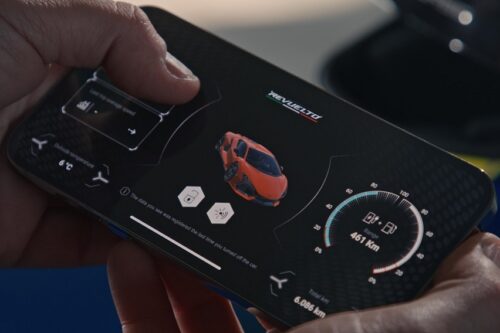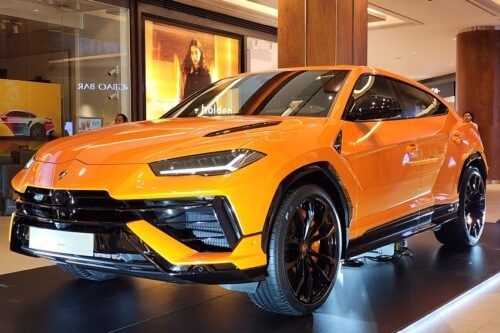Lamborghini Espada 400 GT: Iconic V12 power

MANILA: The famed 12-cylinder engine known as the V12 has powered Lamborghini's most iconic vehicles for almost 60 years. One of them is the Espada 400 GT, Lamborghini's first four-seater and the brand's best-selling model for many years. It was always an incredibly fast grand tourer despite the size increase, thanks to the front-mounted four-liter Lamborghini V12 engine, which epitomized an extraordinary approach to technological progress.
KEY TAKEAWAYS
When was the Lamborghini Espada 400 GT introduced?
The Espada 400 GT was unveiled at the Geneva Motor Show in 1968.How many units of Espada were produced?
A total of 1,226 units were produced across the series.The "pure" V12 combustion engine will cease production when the last Aventador Ultimae is built before the end of the year. The successor to the Aventador will start using a new plug-in hybrid V12 engine.

Lamborghini Founder Ferruccio Lamborghini has been extremely clear about his goal since he first entered the automotive manufacturing business. In order to create the best grand tourer possible, he sought to develop a sports car that was not only quick but also luxurious and comfortable. The Espada 400 GT, which was unveiled at the Geneva Motor Show in 1968, was the perfect representation of this concept for over 10 years. The Espada was more spacious than the 400 GT 2+2 and the Islero 400 GT 2+2, and it could accommodate four adults in comfort. It also included absolutely exceptional finishes, including copious amounts of leather and other high-quality materials, as well as the option to add air-conditioning. In 1969, power steering became an option, and in 1972, it was included as standard. In 1974, a version with an automatic transmission was introduced.
The 60-degree V12 engine, which was first produced in 1963 with a displacement of 3.5 liters and had already been expanded to four liters in 1964, served as the technological foundation of the Espada. It was a great illustration of engine development technology, and when it was first deployed in the Espada, it could produce 325hp at 7,200rpm. In the Espada Series II, which was unveiled in 1970, this was boosted to 350hp at 7,500rpm.

The V12 had a compression ratio of 9.5:1 and two chain-driven overhead camshafts per bank. It was fueled by six Weber 40 DCOE side-draft carburetors. Due to the extensive use of aluminum in the construction of the cylinder head, crankcase, and pistons, it only weighed 232 kg. It was front-mounted in a position that was slightly more forward than the Lamborghini 350/400 GT engines in order to increase cabin space. It was easily accessible because of the wide opening below the aluminum hood.
The chassis was built on the same foundation as the 400 GT but was lengthened to increase the wheelbase to 2,650mm and widened so that the wheel track was increased to 149cm. It came with four-wheel independent suspension, with double wishbones and coil springs. An Espada "Lancomat" with hydropneumatic suspension was on display at the Turin Motor Show in 1968. Although the system was made available upon request, very few owners chose to purchase it.

The Espada was a remarkably fast grand tourer with a top speed of between 245 and 260kph that could catch pace with the sportier Miura in most circumstances.
The Espada was the world's fastest four-seat car when it debuted. It was a very innovative design by Carrozzeria Bertone that included boxy shapes and was a long-lasting commercial success. Despite having a height of only 119cm, it was versatile and had spacious interiors, making it appropriate for much more frequent use, greatly expanding the customer base. There were 176 Espada 400 GT Series 1 units produced between 1968 and 1969, 578 Espada 400 GTE Series II units between 1970 and 1972, and 472 Espada 400 GTS Series III units between 1972 and 1978, for a total of 1,226 units.

In 1971, the Espada VIP was unveiled. Only 12 of the cars, which were based on the Espada 400 GTE Series II, were produced. The earliest models in this special series had upholstery made of orange and black leather and were painted a distinctive shade of orange. Other color schemes were used to create later models. The Espada VIP had a mini-bar, a refrigerator, and a Brionvega Algol 11 television inside to keep the occupants in the rear seats entertained. The television was mounted above the transmission tunnel. The VIP is one of the most popular models among Espada collectors today.
Photos from Lamborghini
Also read: Lamborghini Countach LPI 800-4 arrives in Japan, marks link to country's culture
Sell your car at the best price
 Verified and genuine buyers
Verified and genuine buyers
Lamborghini Car Models
PIMS 2024
Trending & Fresh Updates
- Latest
- Popular
You might also be interested in
- News
- Featured Stories
Lamborghini Featured Cars
- Popular
Latest Lamborghini Car Videos on Zigwheels

Lamborghini Car Articles From Carmudi
- journal

